Most would agree that politics at any level can be a daunting system to follow, yet our Nevada lawmakers are currently committed to the Nevada State Legislature in Carson City for their 82nd (2023) mandatory sessions. Within this state, we have elected officials who follow specific procedures and schedules, full of bills that are being drafted and heard, amended, and voted upon. With so many complicated layers, many would avoid being included in this intimidating process, but it was there that Max Grinstein, a junior attending Davidson Academy in Reno, appeared before the Senate Judicial Committee.
As part of his 2022-2023, two-year program of the Nevada Youth Legislature (NYL), Grinstein was involved in providing a bill that would allow free phone calls between a properly vetted, incarcerated offender and their child. Grinstein created this bill, doing the research, and with every aspect considered. His bill includes overviews, funding, and positive data related to the psychological impacts to help the child of an incarcerated parent.
The concept of his bill was developed within his first year as an NYL appointment to District 15, as a selected teen representative. With the help of the NYL instructors and the program’s professional curriculum, his political knowledge came through a tremendous mentoring program. It had been modeled by actual legislative leadership and the alumni from the organization. His proposed bill was presented to his peer group at the end of 2022, in hopes of being the one measure that would be corporately brought forward by this NYL group. But Grinstein’s particular bill was not chosen to move forward by his peers, so this 17-year-old decided to bring his bill forward as a private citizen.
Amazingly, he found support for his bill among four sponsoring Senators - Scheible, D. Harris, Nguyen, and Ohrenschall. It was brought forward as SB 234, on March 24, 2023, as heard by the Senate Judiciary Committee, reading as: “AN ACT relating to offenders; providing for the establishment of a pilot program to provide communication services free of charge between offenders and the children of offenders; and providing other matters properly relating thereto.”
Grinstein stepped forward, representing his GenZ generation with full clarity of intent. He articulated his bill as a professional, even answering every question from the Senators, concerning his bill. Throughout his presentation, alongside Senator Scheible, Grinstein gained respected compliments from the listening Senators throughout the hearing.
In watching Grinstein present a bill involving prison reform, it was logical to ask him how he related to this topic. What would prompt a young man to give his energy to such a controversial issue?
Grinstein privately explained, “I have no personal tie or affiliation to someone incarcerated, but I was interested in the Prison Journalism Project. I became their youth journalist for over two years, so I heard the prisoner’s stories and listened to their family situations. I realized how important these connections mattered to the incarcerated and their families, but especially regarding their children. I focused on the human side of incarceration and how it involves families and their children. They are all negatively affected by it, but there are many ways we can individually shape our state.”
Grinstein also credited a Nevada, non-profit, prison reform organization called Return Strong, and its Executive Director, Jodi Hocking, who assisted with information from their membership of prisoners and family members. He explained that Return Strong helped by bringing in many volunteers that testified in person or on video, in writing and by phone, in support of this bill.



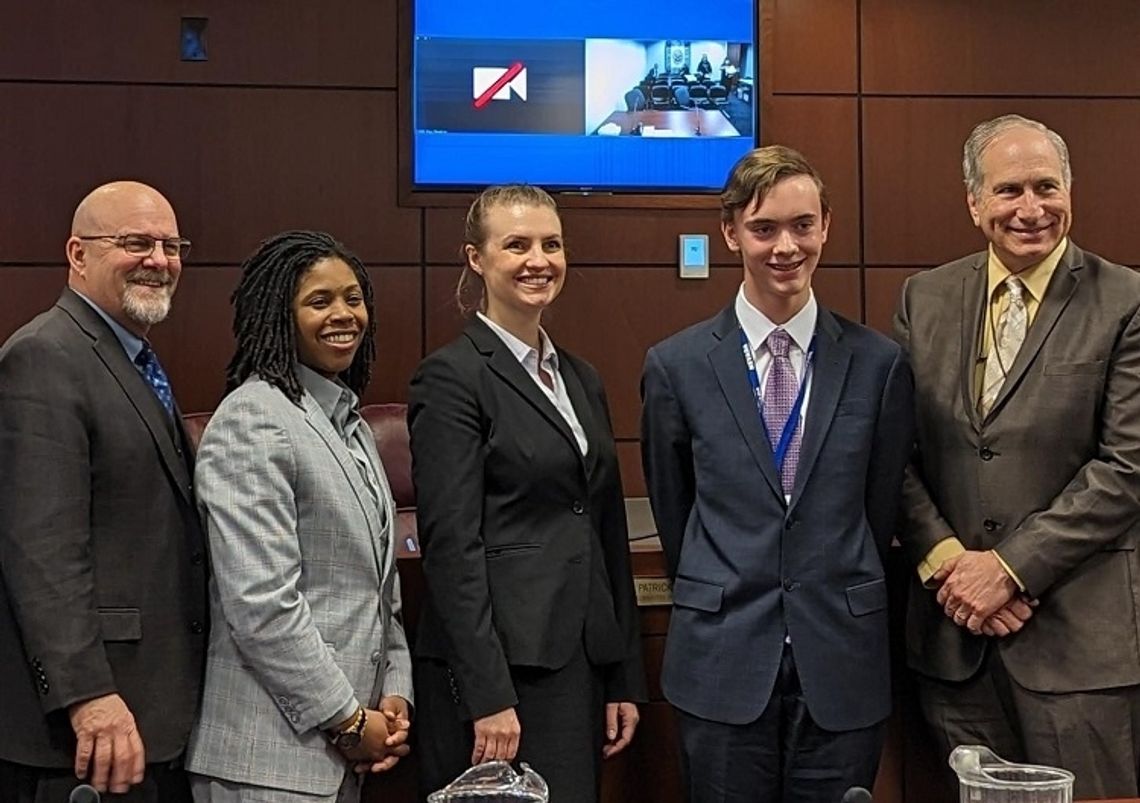
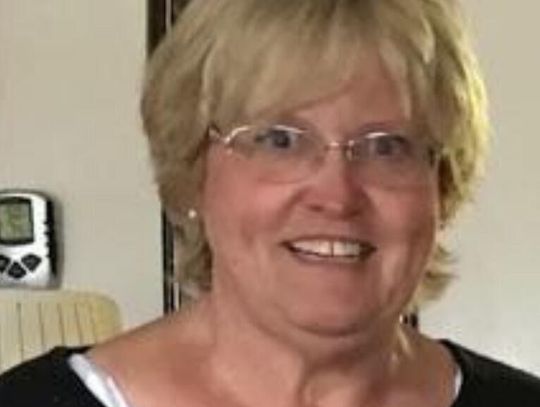
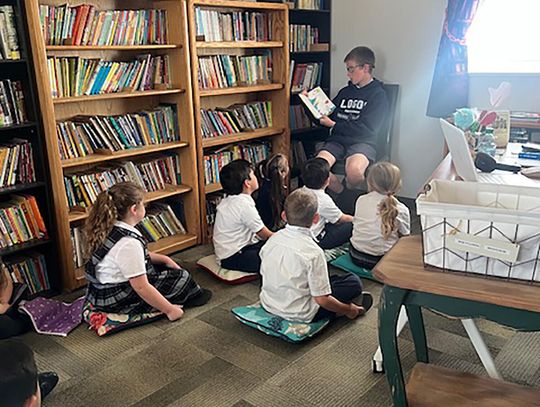
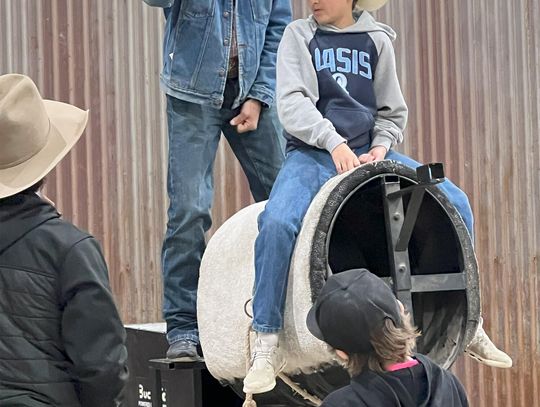
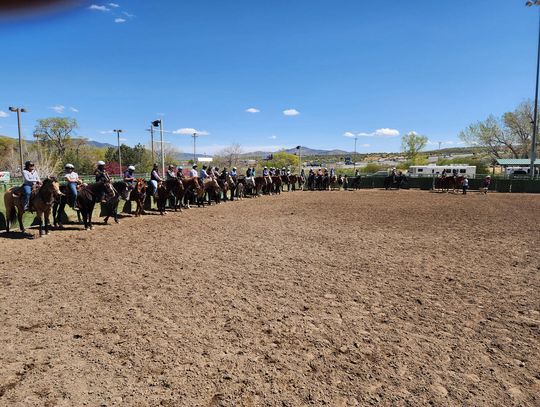
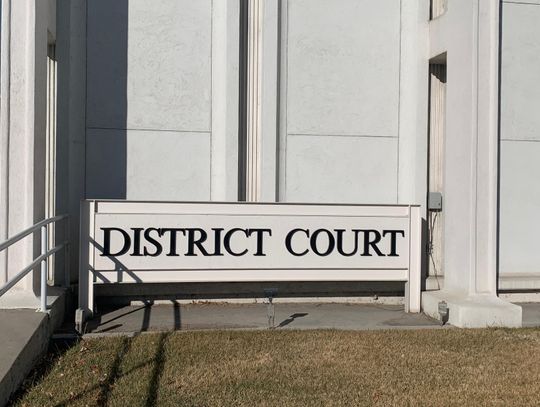

Comment
Comments